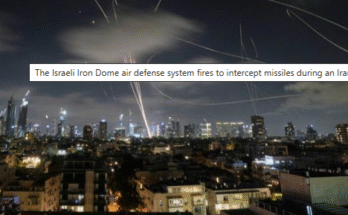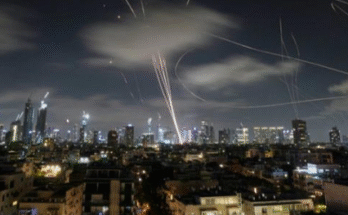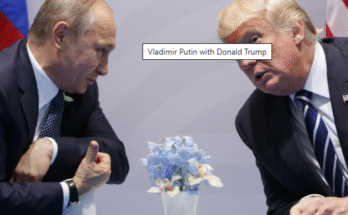
The ongoing conflict between Israel and Iran has escalated dramatically with a new wave of Israeli airstrikes on Tehran, signaling a deepening crisis in the Middle East. In the early hours of Wednesday, residents in Iran’s capital were jolted by massive explosions, notably around 5 a.m. local time. The exact targets remain unclear, but prior warnings suggested Israel might hit areas near Mehrabad International Airport—zones that include residential neighborhoods, military sites, and industrial and pharmaceutical facilities.
This latest assault marks a continuation of an intensified Israeli airstrike campaign that has been underway since the previous Friday. Interestingly, Iranian officials have maintained silence, offering no official statement about the damages or objectives of these attacks—a response, or lack thereof, that seems to reflect a broader pattern of restrained communication during this uptick in hostilities.
Complicating matters further is the high-stakes rhetoric coming out of Washington. Former U.S. President Donald Trump, having cut short his visit to the G7 summit in Canada, delivered a forceful warning to Iran. He called for Iran’s “unconditional surrender” and alluded to the U.S. intelligence community’s knowledge of Supreme Leader Ayatollah Ali Khamenei’s whereabouts. Although he denied any imminent plans to target the Iranian leader physically, the tone was unmistakably aggressive. Trump stated bluntly that the U.S. is no longer interested in ceasefires, but rather seeks a more permanent resolution—what he called “better than a ceasefire.”
Despite the strong words, Trump did leave a narrow diplomatic door open, suggesting that Vice President JD Vance and envoy Steve Witkoff could be sent to engage with Iranian leadership. Still, that diplomatic gesture was accompanied by a clear message: the U.S. is losing patience, and Iran’s options are swiftly narrowing.
Meanwhile, Israel has begun repatriating tens of thousands of its citizens who are currently stranded abroad due to the conflict. Israeli Transport Minister Miri Regev reported that between 100,000 and 150,000 nationals would be brought back via emergency flights from cities such as Larnaca, Athens, Rome, Milan, and Paris. Some returnees are even arriving by sea, as seen Tuesday night when a vessel carrying around 100 medical personnel docked in Haifa.
The sense of urgency and high alert underscores the fragility of the situation. With Iran and Israel locked in direct military exchanges, and the U.S. taking an increasingly bold stance, the potential for a wider regional conflict is growing. As of now, the international community watches with bated breath, uncertain whether this trajectory will lead to meaningful diplomacy or even greater violence.
If you’d like, I can explore how other world powers are reacting, or dig deeper into the history behind this conflict. Just say the word.


